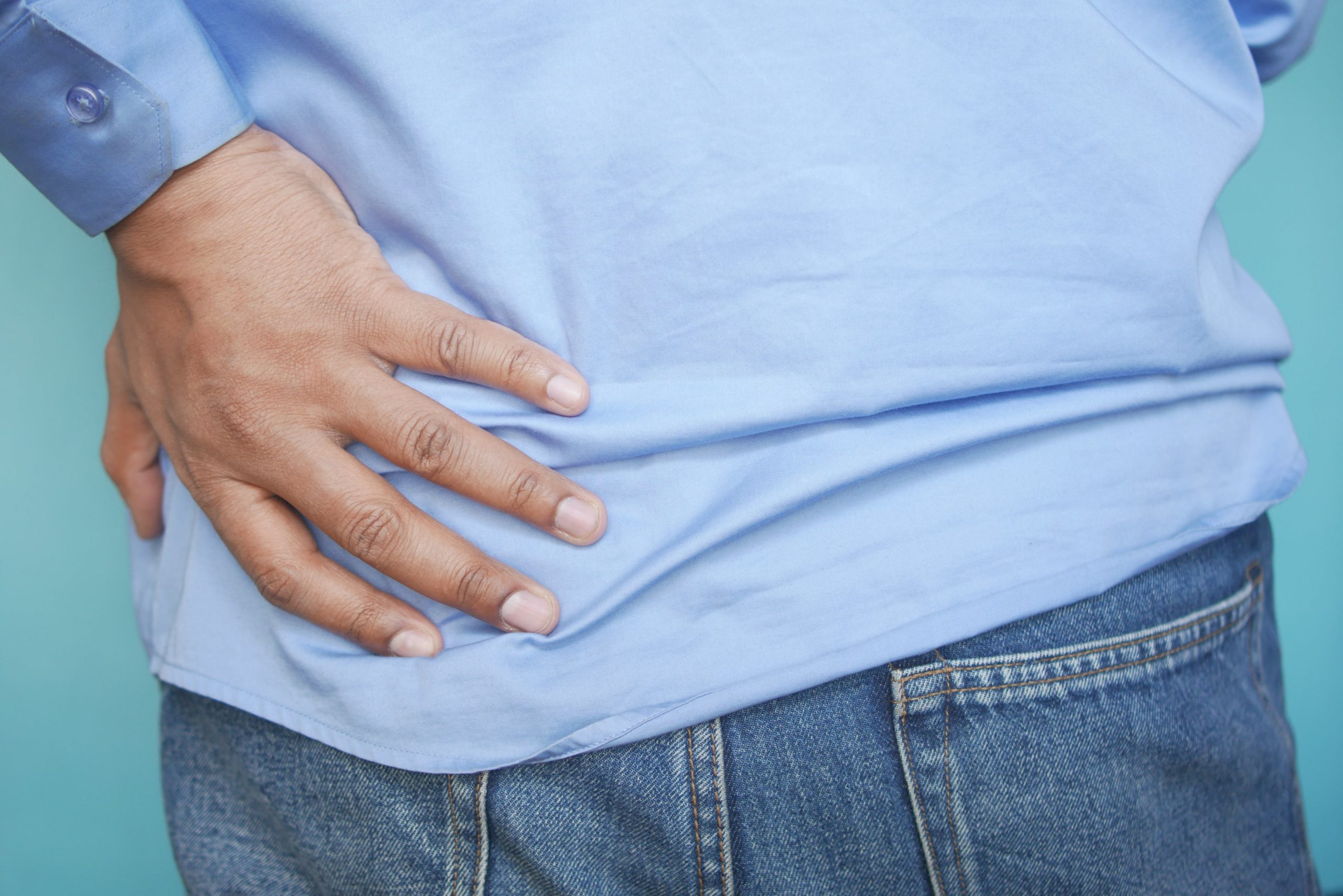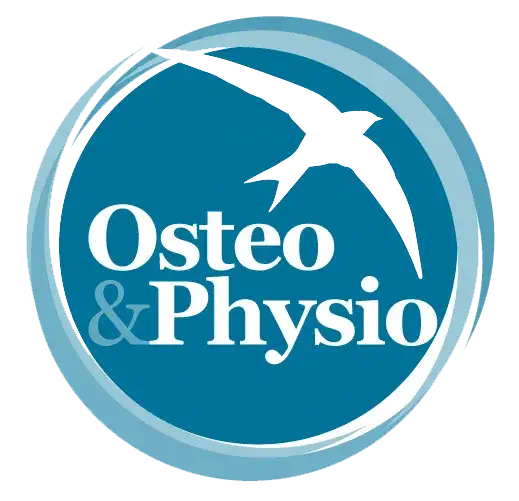Have you been struggling with pain in your hip or buttock but not sure what is causing it? It could be Greater Trochanteric Pain Syndrome (GTPS). Never heard of it? Don’t worry, we explain it all in this blog. We will also describe how shockwave therapy for Greater Trochanteric Pain Syndrome supports management of the condition, speeding recovery and promoting healing.
What is Greater Trochanteric Pain Syndrome?
Greater trochanteric pain syndrome (GTPS), also known as lateral hip pain or trochanteric bursitis, affects the outer side of the hip and thigh. This is a common painful condition which involves the tendons and bursae (small fluid-filled sacs that cushion the joints) lying over the outside of the hip bone. It’s named after the bony outer point of the thighbone at the edge of the hip, the greater trochanter.
When these soft tissues around the trochanter become irritated, they cause pain in this area.
According to the NHS, this condition is found more commonly in women between 40 and 60 years of age.
Symptoms of Greater Trochanteric Pain Syndrome
The severity and location of the pain of this condition varies from person to person. The primary symptom is pain in the outer part of your hip, which may begin as a sharp feeling, then fade to an ache.
If you are affected by GTPS, you may feel some or all of these symptoms:
- Pain in the area of the hip, upper thigh or buttock.
- Pain worsens when you are lying on the affected side.
- Pain worsens with exercise.
- Tenderness to touch.
- Pain worsens if you cross your legs when sitting.
- Pain worsens when standing or leaning on one leg
- Pain when climbing the stairs
- Pain when lifting legs in or out of a car, chair or bed
What causes Greater Trochanteric Pain Syndrome?
Here are some factors which may contribute to GTPS:
- Injury from a fall on to the side of your hip area
- Prolonged pressure to the hip area due to sitting or standing in one position for too long, or unbalanced weight on one leg.
- Repetitive movements (walking/running).
- An increase in activity levels such as gym exercise, running or sports
- Hormonal changes
- Osteoarthritis of the hips or knees
Osteopathy for Greater Trochanteric Pain Syndrome
Our osteopaths will assess the strength and flexibility of your hips, thighs and lower back and use gentle manual techniques together with a bespoke programme of exercise to support recovery and settle your pain and inflammation.
Osteopathic treatment aims to support you to restore your normal movement, muscle length and strength so that you regain optimal balance and gait (walking pattern).
Shockwave therapy for Greater Trochanteric Pain Syndrome
Shockwave therapy is a non-invasive, non-surgical procedure that is effectively used to treat a range of injuries and painful conditions.
Shockwaves are a kind of acoustic wave which carries high energy to painful areas and tissues, helping to stimulate a tissue healing response. These waves are produced by compressed air which is directed by the therapist to the affected area via a handheld device. The high energy produced by shockwave therapy promotes regeneration and reparative processes of the bones, tendons and other soft tissues. Enhanced blood flow in tissues treated by shockwave therapy speeds the body’s own healing response.
Shockwave therapy involves minimal risk and is fast and effective. It can help you avoid the use of painkillers or surgery.
For the best therapeutic outcomes, our highly experienced osteopaths use shockwave therapy as a part of a tailored rehabilitation programme which aims to strengthen the affected area and supporting tissues.
Book your appointment now
You don’t need to suffer hip and thigh pain alone! Using shockwave therapy to support manual therapy for Greater Trochanteric Pain Syndrome can offer an effective option for recovery and rehabilitation.
Our team can help you get back to your pain-free life as fast as possible. It couldn’t be easier to book your appointment with Osteo & Physio! Book a session via our app, website or call our friendly reception team on 0345 5577788.


